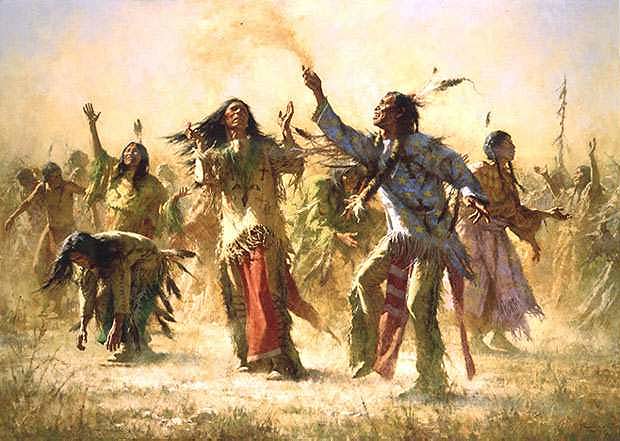
The truth is, and I'm embarrassed to admit it, I was outfitted in blinders, totally unaware. The question, I thought, was legit, the question by which I'd started a dozen interviews, a question about profession.
"What did you do in Laos?" I asked her.
A translator took the question to the subject, a fifty-ish woman who'd become a Christian. The interview was about faith.
But that opening question went pretty much nowhere. I tried to rephrase it, as did the translator. No go. I tried again. Even the translator looked strangely at me. "In Laos, what did you do?"
She never answered the question because my westernized sense of profession, of work, was nothing like hers. She couldn't understand. "What did she do for a living?" had no answer because she's never had a nine-to-five job, was never paid a living wage, never had a boss other than life itself.
What she "did" throughout her days was gather firewood and whatever food she could for her family--yesterday, today, and tomorrow. What she did was make do. What she did was try to live; and that kind of life was, to me, a rich man from the wealthiest country on the globe, was simply unimaginable. Still is. I can't think my way into that level of scarcity, the poverty millions live with every day.
It was utter poverty that created the Ghost Dance, a 19th century religious movement that swept through western tribes with glorious promises that seem, today, perfectly crazy. If you dance, its prophets claimed, the buffalo will return, as will your grandparents. If you dance, they said, white people will be taken up in a gigantic cloud of dust. If you dance, they promised, that's the beatific vision you'll see for yourselves.
So they did. All through the west, Native people in special Ghost Dance dresses and shirts danced themselves into frenzy that created spiritual visions of better day. Call them strange or even crazy, the blessed promises of the Ghost Dance religion were startlingly real for a people who'd lost their way of life and often had no food to eat.
Well-heeled as I am, I am not one to judge.
Researchers now suggest that scarcity in myriad forms--not having what we need--creates its own mindset. When you're honest-and-truly hungry, when you don't know where your next meal--or that of your children--is coming from, you can't think of anything else because scarcity forces the mind into a channel. As Shankar Vedantim claimed last week on NPR, "Scarcity produces a kind of tunnel vision, and that explains why, when we're in a hole, we often lose sight of long-term priorities and dig ourselves even deeper."
One of the most perplexing things Jesus ever said is that the poor "will be with you always." Some have used that argument to walk away from the war against poverty; after all, the poor will always be around, no matter what.
But new research makes very clear that scarcity not only makes us physically weak, it also affects our ability to think. "To be clear," Vedantim says, "it's not that poor people focus on immediate needs because that's all they want to think about. It's all they can think about. Scarcity captures the mind. In fact, the tunnel vision produced by scarcity can actually lower how you perform on an IQ test."
Does this scarcity phenomenon reach beyond poverty? Yes, say those same researchers. Unless people who aren't loved understand the deprivation they're in, they may well flail away mindlessly to get the love they can't feel.
Why would thousands of people dance themselves into mad frenzy about a vision that seems, today, to be insanely far-fetched? What on earth made Native people just west of here believe all those white people streaming into Native land were about to vanish?
Need, new research says--scarcity. Something about that makes sense. Palpable, physical, even emotional needs change not only what we think about but even how we think.
This morning I'm thankful for researchers who give us a special blessing when what they discover helps us understand ourselves.

1 comment:
I'm heading up the Fond du Lac Rez in July for a Memorial for my bud. They're having a give away before the Pow-wow. Good way of remembering people who have passed.
Post a Comment